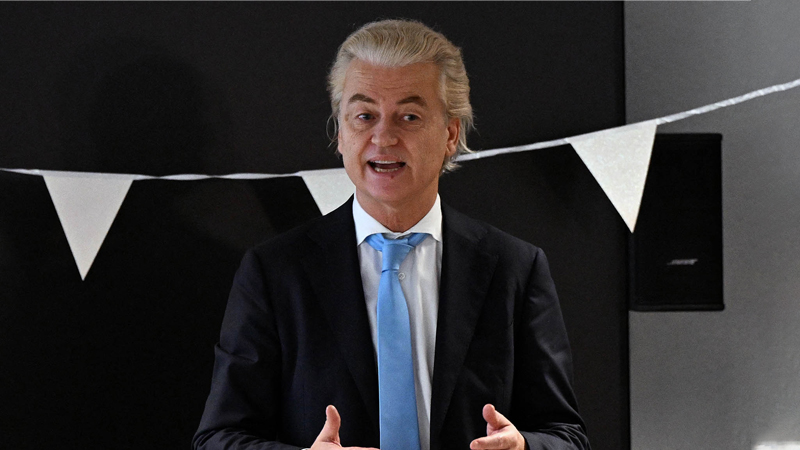In a landmark decision, former President Donald Trump has been found guilty on all 34 counts in his New York criminal hush money trial. This verdict marks the first time in American history that a former president has been convicted of criminal charges.
The jury reached its unanimous decision after two days of deliberations, concluding a trial that lasted over six weeks. The case centered on allegations that Trump falsified business records to conceal a $130,000 hush money payment to porn star Stormy Daniels, made ahead of the 2016 presidential election. Prosecutors argued that this payment was intended to unlawfully influence the election by suppressing potentially damaging information.
New York Supreme Court Justice Juan Merchan, presiding over the case, has scheduled Trump’s sentencing for July 11. In the meantime, Trump will remain free without the need for bail.
The conviction comes as Trump is the presumptive Republican nominee for the 2024 presidential election, adding significant uncertainty to the political landscape. Despite his legal troubles, Trump remains a central figure in American politics.
Following the jury’s decision, Trump addressed the media, vehemently criticizing the trial. “Mother Teresa could not beat these charges. These charges are rigged,” he stated. “The whole country’s a mess between the borders and fake elections, and you have a trial like this where the judge is so conflicted he can’t breathe.”
Trump’s supporters and detractors clashed outside the Manhattan criminal court, highlighting the deep divisions in the country over his legal and political future.
Political strategists suggest that Trump may benefit from framing the case as biased against him, potentially lowering expectations or claiming victory against a perceived rigged system if he had been acquitted. “It is to Trump’s benefit to create a narrative that the case is stacked against him,” one strategist told The Hill.
Despite his conviction, Trump can still run for the White House. Legal experts note that neither a conviction nor imprisonment disqualifies a candidate from running for or even serving as president. Ilya Somin, a law professor at George Mason University, explained, “Being convicted or even being in prison doesn’t prevent you from running for president or even from being elected.”
Richard L. Hasen, a law professor from the University of California, Los Angeles, told CNN that the Constitution imposes very few restrictions on presidential candidates. “It does not bar anyone indicted, or convicted, or even serving jail time, from running as president and winning the presidency,” he said. However, he acknowledged the unprecedented challenge of a president serving from prison, noting, “How someone would serve as president from prison is a happily untested question.”
Hasen also pointed out that Trump could attempt to pardon himself if reelected, although this is a legally untested area that might require a Supreme Court ruling.
As the nation awaits further developments, the political and legal ramifications of Trump’s conviction are set to shape the upcoming election and the future of American democracy.











Leave a Reply